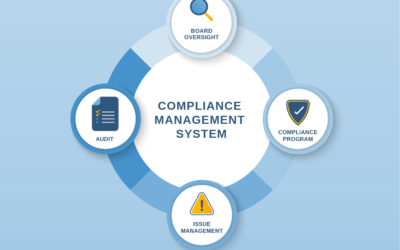This webinar provides financial institution directors, executives, and officers in-depth training to move forward with considering cannabis banking or expanding their cannabis banking program. We will cover key data to benchmark your cannabis banking program with best practices for cannabis banking board oversight. Walk away with handouts that provide practical guidance and resources to bring back to your own boardroom.
Our expert panel includes Joe Bonner, an experienced Community Bank CEO, Andy Montgomery an experienced Bank CEO, and Carole McCormick the Chief Compliance Officer at North Bay Credit Union. The panel will provide information about the fundamentals of effective communication to the financial institution’s board of directors on cannabis banking. We will introduce key regulatory expectations, identify questions that management should answer for the board of directors, and provide red flags where the board should consider further actions.
This is an ACCCE On Demand video available immediately.
Continuing Education: 2 hours





